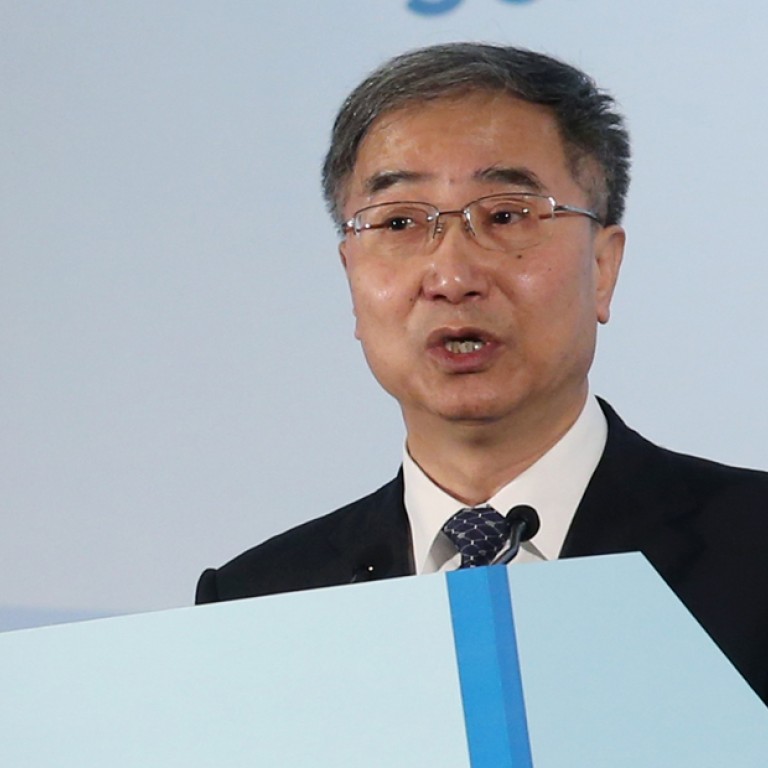
Occupy Central poll should be taken seriously, says mainland Basic Law expert
A leading mainland academic on Hong Kong affairs today called on the Hong Kong and central governments to take seriously the huge turnout for the unofficial referendum on political reform.
A mainland academic who advises the central government on Hong Kong affairs has urged the Hong Kong and central governments to take seriously the huge turnout for the unofficial referendum on electoral reform.
Rao Geping, a member of the Basic Law Committee, said the public vote reflected the demand of some people in Hong Kong, even if it was not legally binding.
"We can take it as a form of public opinion expressed by some people in Hong Kong," he said after a seminar on the white paper at Peking University, where he is a law professor.
More than 744,000 people have voted since the 10-day exercise began on Friday. Voters are asked to choose between three options on how the chief executive should be elected in 2017.
On Friday, the State Council's Hong Kong and Macau Affairs Office said the vote was unlawful, while the central government's liaison office in Hong Kong dismissed it as a "farce".
"I am not sure if the turnout is accurate. I think it nonetheless reflects the demand of some people in Hong Kong, though I dare not say it's a view adopted by everybody," Rao said.
"So the Hong Kong government and the central government have to take it seriously."
The white paper, issued by the State Council two weeks ago, stressed the central government's "comprehensive jurisdiction" over Hong Kong, and said the high degree of autonomy enjoyed by Hong Kong was subject to Beijing's authorisation.
Yesterday's seminar was organised by the Chinese Association of Hong Kong and Macau Studies, a mainland think tank set up in December to study the relationships with the cities.
Association vice-chairman Qi Pengfei agreed that although the turnout might have been exaggerated, the poll reflected the views of those who took part. "But I think what these people want is … universal suffrage for the chief executive election in 2017. It is in line with the goal of the central and Hong Kong governments," Qi said.
On Tuesday, Chief Executive Leung Chun-ying said he disagreed with an editorial in the state-run newspaper, which described turnout for the poll as "no match" for the 1.3 billion population of China.
Qi agreed the argument of the editorial was inappropriate. However, he said, he was worried that room for moderate pan-democrats to engage in dialogue with Beijing would shrink given the huge turnout for the unofficial referendum.
Qi said the State Council's white paper on Hong Kong made up for a lack of emphasis on "one country" over the past 17 years.
"Many mainlanders, including officials, used to say all the time that the special administrative region had a high degree of autonomy, and we did expound on it extensively, but the central government's 'comprehensive jurisdiction' over Hong Kong wasn't always brought up."
Beijing did not bring up the matter in the past to avoid the perception of interfering, but the control Beijing had over the city was always there, Qi said.

